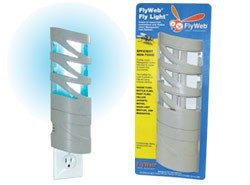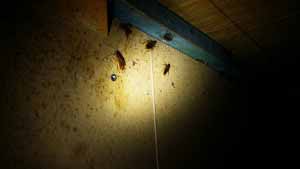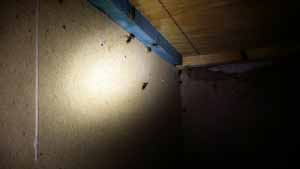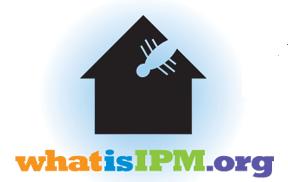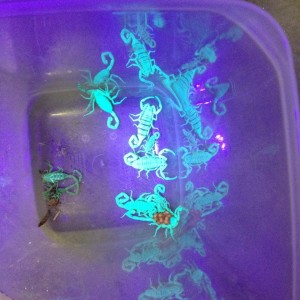I probably get more calls about these two things than anything else and to make matters more exasperating not much can be done.
#1 – Honeybees coming to your pool or other water feature to drink. This is tough, because in the big picture we probably don’t have a clue where they are coming from. Now the good news, generally speaking the bees are not in defensive mode. What do I mean by that statement? When bees swarm or are out looking for water or flowers they are not defending their hive and won’t be as aggressive as if they were defending their home. A lone bee out looking for food is just looking for food, while the bees at their home are on guard against possible intruders. They have bees that are just guard bees and just like we would defend our homes they are pre-wired to be on guard against intruders. With the extreme HEAT here in Arizona they need water just as much as we do. So please don’t panic, just try to avoid them if possible. Now it may be difficult especially if they are near your pool or water feature, one thing you might try is placing a dish in shaded area with a few rocks to keep them from drowning. Refresh the water frequently and maybe they might move.
#2 – Mosquitoes are almost impossible to control once they become adults. The prime time to get them is when they are wigglers or in their larval stage within the water. Some mosquitoes will fly over a mile to get to their food = you or your pet. Check your property for stagnant water, any amount can raise a family of mosquitoes. One area often overlooked is the catch basin for potted plants. I have a back door that opens in and I’m constantly getting flying insects that get sucked in when I open that door. I use the device below once a flying insect makes it into my home. I highly recommend it, after just a few days the glue board has a variety of flying insects. By the way this also fits into my IPM program. We do sell them at my office – ProBest Pest Management 602-249-7378.


